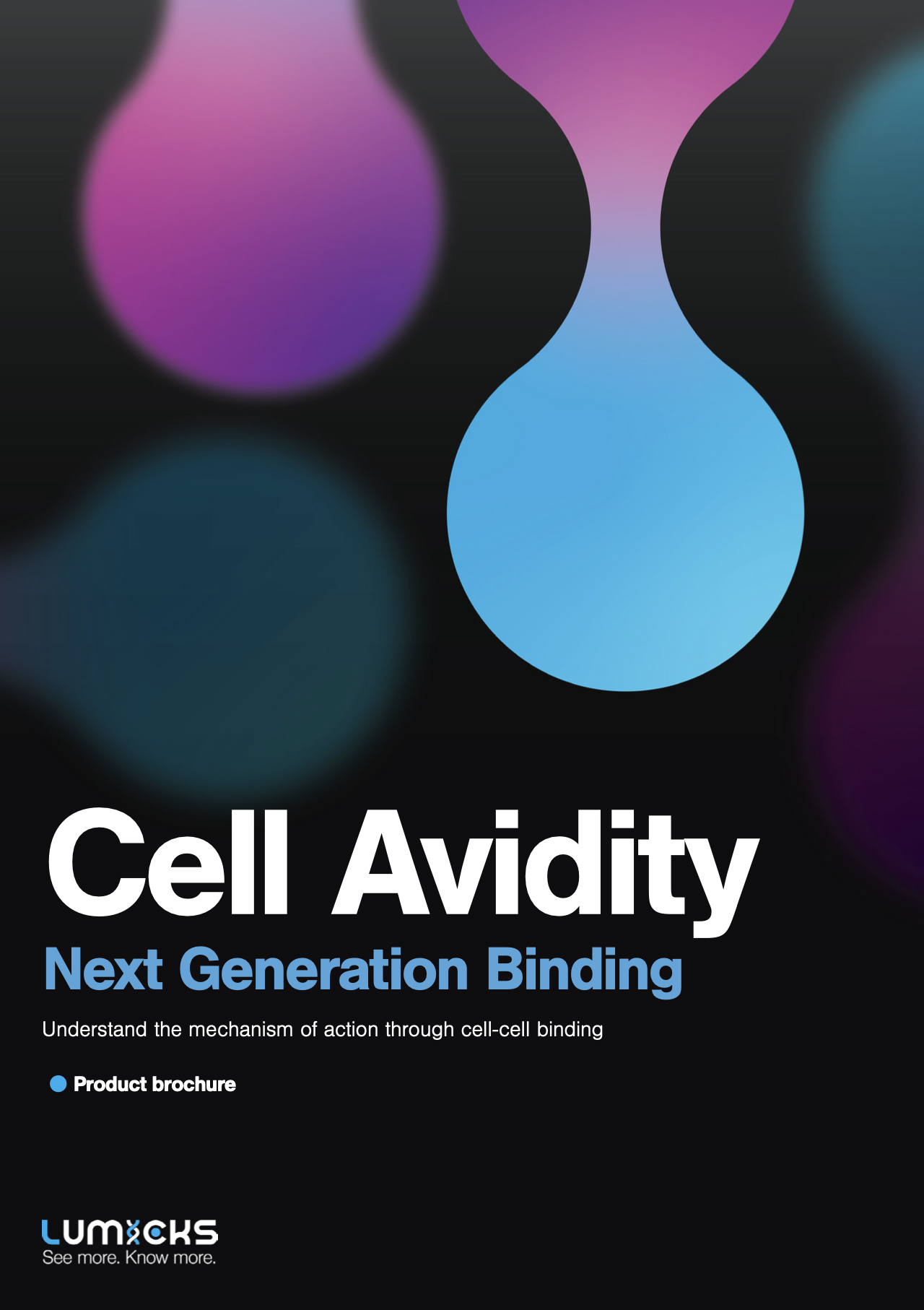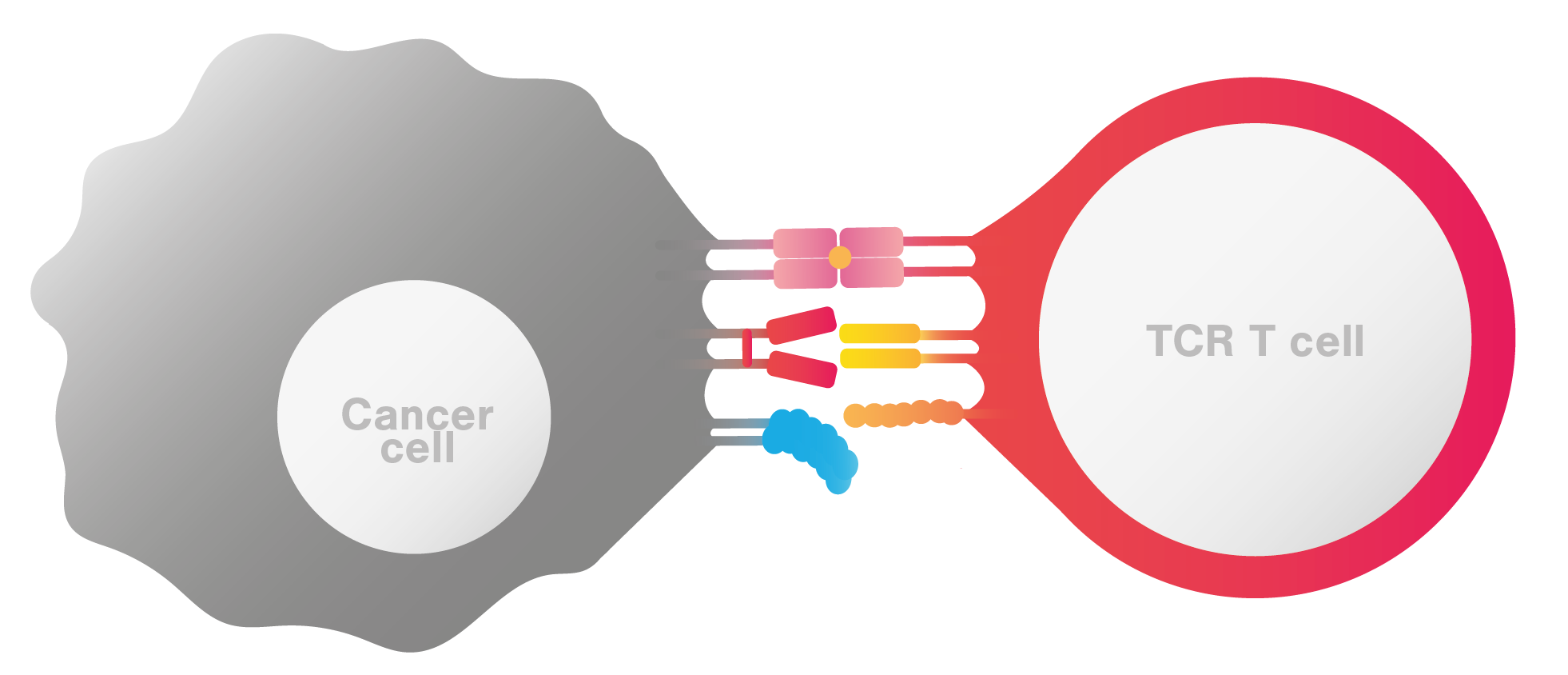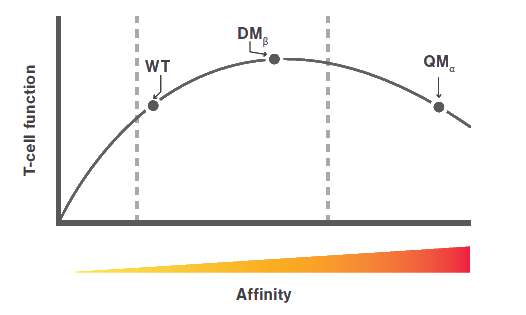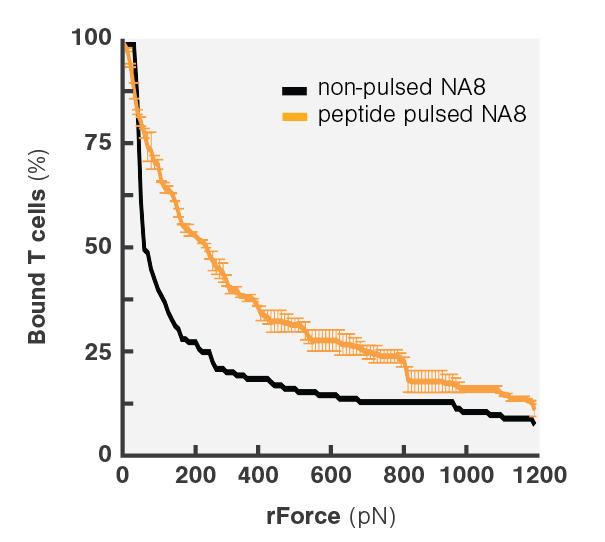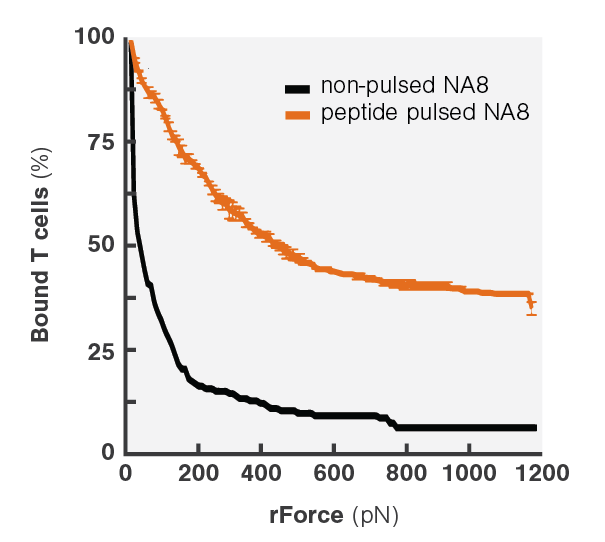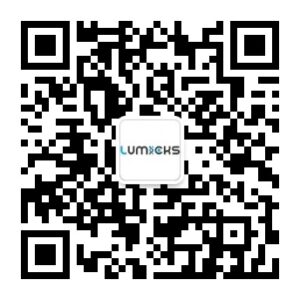
Improve the functional correlation of TCR T
cells by replacing affinity with avidity
This study aimed to screen a panel of affinity-tuned TCR T cells and find the most potent candidates.
T cells with high antigen-affinity TCRs are, in general, functionally superior to those with low antigen-affinity. However, upon breaching an optimum, T-cell functionality diminishes, and negative T-cell regulation increases. The researchers selected three TCR constructs based on their affinity to evaluate T-cell avidities upon interaction with a melanoma cell line (Figure 1).
NY-ESO-1 peptide pulsing on QMα and DMβ resulted in marked avidity enhancement compared with the non-pulsed conditions (Figure 2). In contrast to affinity measurements, the avidity data correlated with T-cell function, explaining the diminishing results observed among T cells with the highest affinities.
The reverse relationship between affinities and avidities of QMα and DMβ can explain reduced functionalities of high-affinity TCR T cells. This outcome suggests that avidity is a better predictor of TCR T-cell functionality compared with affinity.
Hebeisen et al. (2013) Front. Immunol.
Our solutions
Cell avidity as a service
Cell Avidity analysis can be performed at high throughput using our services platform, enabling the screening of hundreds of Cell Engagers to rapidly find the most potent Cell Engager for in vivo testing.
Dr. Rogier Reijmers
Principal Scientist at LUMICKS

